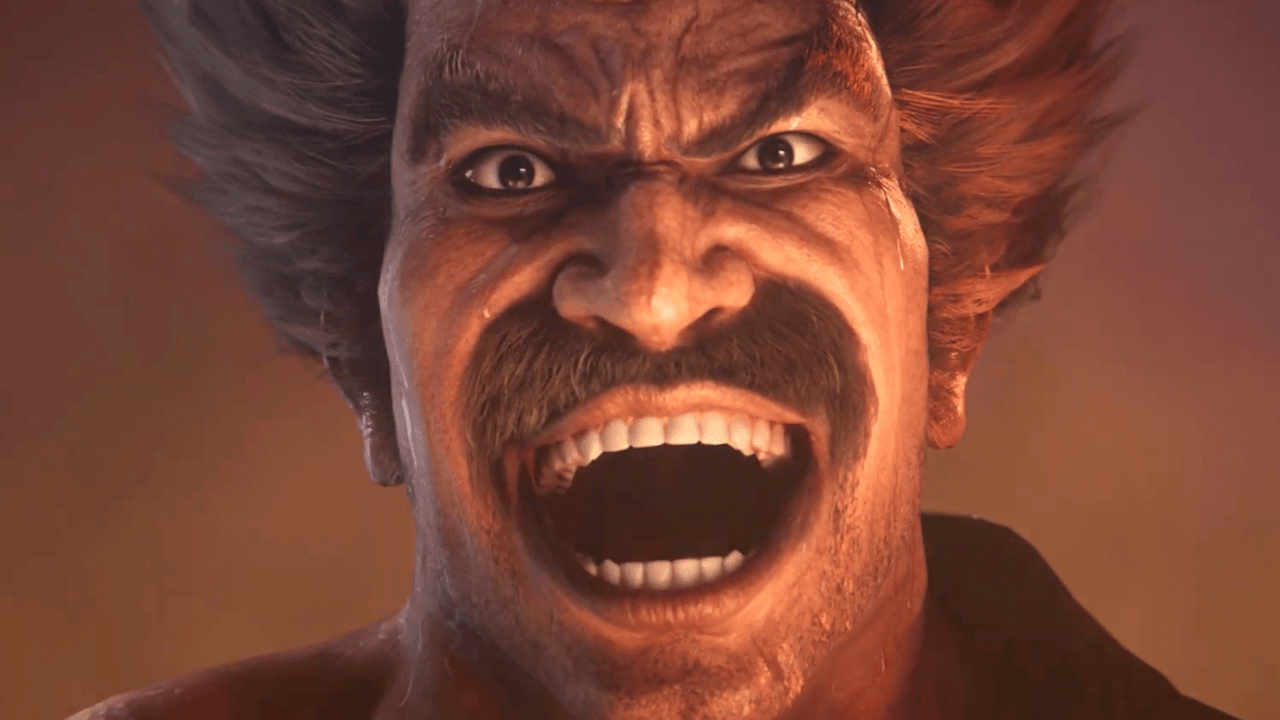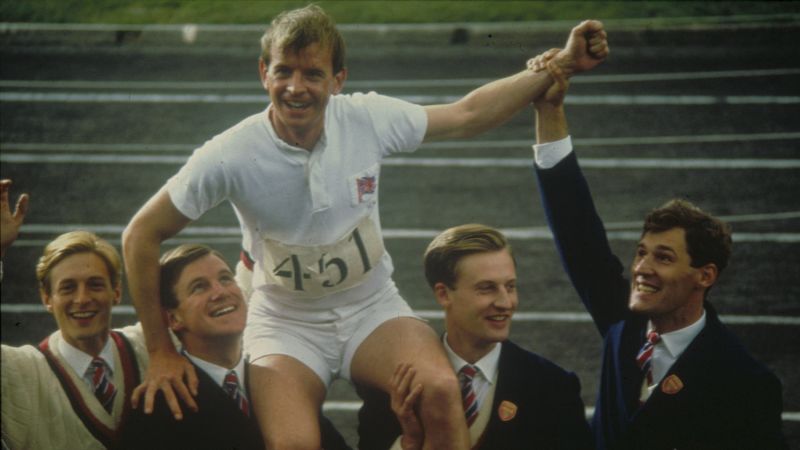
CNN
—
Virtually everybody is aware of the opening sequence, movie buff or not: the windswept seaside, the foaming waves, the hovering, triumphant music towards the sound of runners’ toes patting on moist sand.
So begins the 1981 Oscar-winning movie “Chariots of Fireplace,” introducing a gaggle of British athletes as they practice for the Olympic Games.
The runners – whose t-shirts and shorts are muddied with sand and sea – splash via shallow water in the direction of the Scottish coastal city of St Andrews, which slowly seems as a collection of spires and rooftops on the horizon.
The scene is embedded in cinema historical past, memorably capturing the quiet fantastic thing about striding throughout a abandoned seaside. The easy pleasure of working will develop into a central theme of the movie, regardless that the athletes’ faces at the moment are a mix of hardship, happiness and gritty dedication.
“What’s stunning about athletics versus virtually another sport is its lack of complexity,” David Puttnam, the producer of “Chariots of Fireplace,” tells CNN Sport. “You’re throwing one thing, you’re leaping over one thing otherwise you’re working. It’s a quintessence, actually, of human effort.”
It’s maybe for that reason that the movie, greater than 4 many years after its launch, stays as widespread and relatable as ever.
Primarily based on the lives and gold-medal-winning performances of sprinters Eric Liddell and Harold Abrahams forward of the 1924 Paris Olympics, “Chariots of Fireplace” gained 4 Oscars – together with Finest Image. It has been ranked among the many biggest British movies of all time, and was a favourite of former and present US presidents Ronald Reagan and Joe Biden.
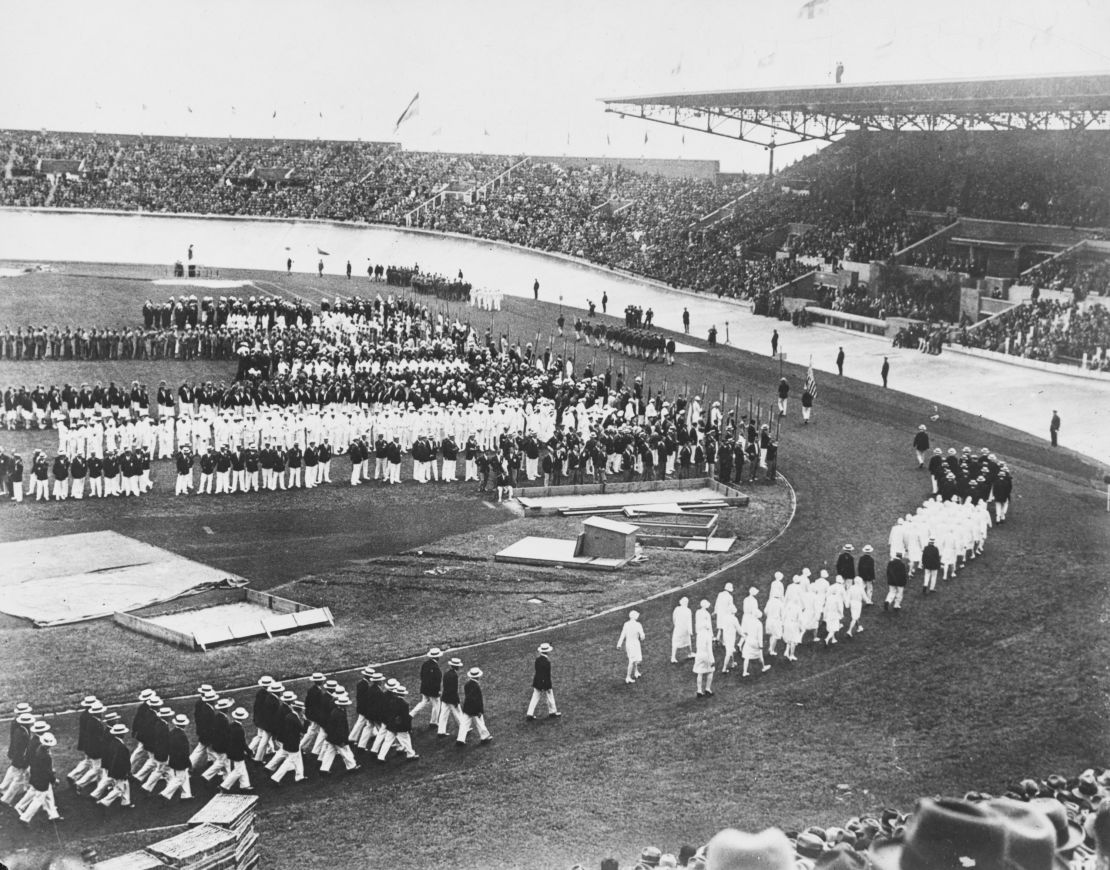
Because the Olympics return to Paris this 12 months, public viewings have been held in a number of nations, providing a well timed reminder of how “Chariots of Fireplace” nonetheless carries a captivating attraction and uplifting – even life-saving – message.
“After the movie got here out, I will need to have obtained – and this isn’t an exaggeration – at the least half a dozen letters from individuals who mentioned that the movie had made them resolve to not commit suicide, that life was price residing,” says Puttnam.
“The movie has obtained a method of actually, actually talking to folks … one thing far more than we envisaged or most likely had been put into it. It’s obtained a lifetime of its personal.”
“Chariots of Fireplace” charts the athletic careers of Liddell and Abrahams – each gifted sprinters – within the years main as much as the 1924 Olympics.
Liddell is a kindly determine with fierce spiritual beliefs, a missionary in his native Scotland who withdraws from the 100 meters on the Olympics as a result of the heats are held on a Sunday. As a substitute, he enters – and wins – the 400 meters, regardless of having restricted expertise of working the longer distance.
This second types the emotional climax of “Chariots of Fireplace,” as Liddell, performed by Ian Charleson, describes how his working has develop into sure up with faith: “God made me for a function, however he additionally made me quick. And after I run, I really feel his pleasure.”
A Scottish rugby worldwide earlier than he was an Olympic champion, Liddell has been celebrated for his selflessness in addition to his sporting feats. He was born in China and returned there to function a missionary trainer after the Olympics, principally remaining within the Asia till his dying in a Japanese internment camp 20 years later.
“I had a whole lot of room in my coronary heart for him,” former Scottish sprinter Allan Wells, who gained 100m gold on the 1980 Moscow Olympics, tells CNN Sport. “He’s a really particular individual and put himself on the market big-time, actually. It’s an enormous legacy and we must always keep in mind him.”
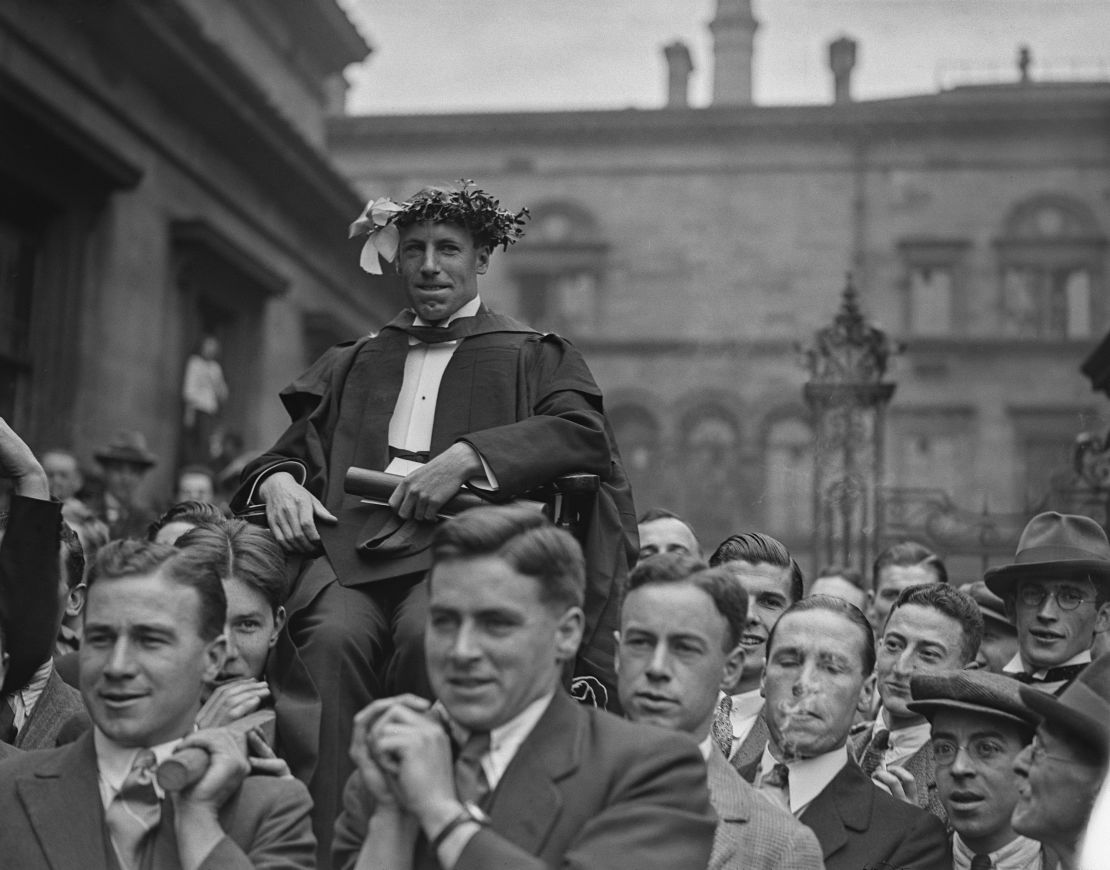
Wells remembers being requested after his race in Moscow if he’d prefer to dedicate the victory to Abrahams, Liddell’s counterpart in “Chariots of Fireplace” and, till then, the final British man to win 100m gold.
“It was mainly throwing it down my throat,” he says. “I assumed for 2 or three seconds and I mentioned, ‘No, if I did it for anyone, I did it for Eric Liddell.’ Fortunately, there have been three Scottish reporters in the back of the room and so they all had their thumbs up for me.
“I feel there’s an attachment, however he [Liddell] was far more particular than I used to be … Possibly 20, 30, 40 years after I’ve gone, they’ll nonetheless be remembering Eric Liddell earlier than they keep in mind Allan Wells.”
Liddell’s philanthropic legacy lives on via The Eric Liddell Community, a dementia care charity primarily based in Edinburgh with a deal with the aged, loneliness and isolation.
This 12 months, the group has launched The Eric Liddell 100 initiative, supposed to make Liddell’s life higher identified amongst youthful generations whereas recognizing his acts of heroism after Japan’s invasion of China in 1931.
“When he was in China, apparently he advised folks to hope for the Japanese – and so they had been the individuals who had been holding them within the internment camp,” Sue Caton, Liddell’s niece and a patron of the Eric Liddell Group, tells CNN Sport.
“He thought all people was essential. He’d by no means have dismissed anyone, irrespective of who they had been or what that they had executed as a result of he felt that’s what we must always do.”
John MacMillan, chair of the Eric Liddell Group, concurs, even noting how some folks in China have embraced Liddell as their first unofficial Olympic gold medalist.
“He was clearly a decided particular person, he was a dedicated particular person, and he clearly put the wants of others earlier than his personal,” says MacMillan. “He’s remembered as a little bit of a Robin Hood determine.”
Abrahams makes a hanging counterpoint to Liddell in “Chariots of Fireplace,” his conviction and energy of persona no much less forceful.
The movie additionally presents Abrahams’ religion as a motivating think about his working profession. Antisemitism types the backdrop of his time as a Cambridge scholar and his athletic means is described as “a weapon … towards being Jewish.”
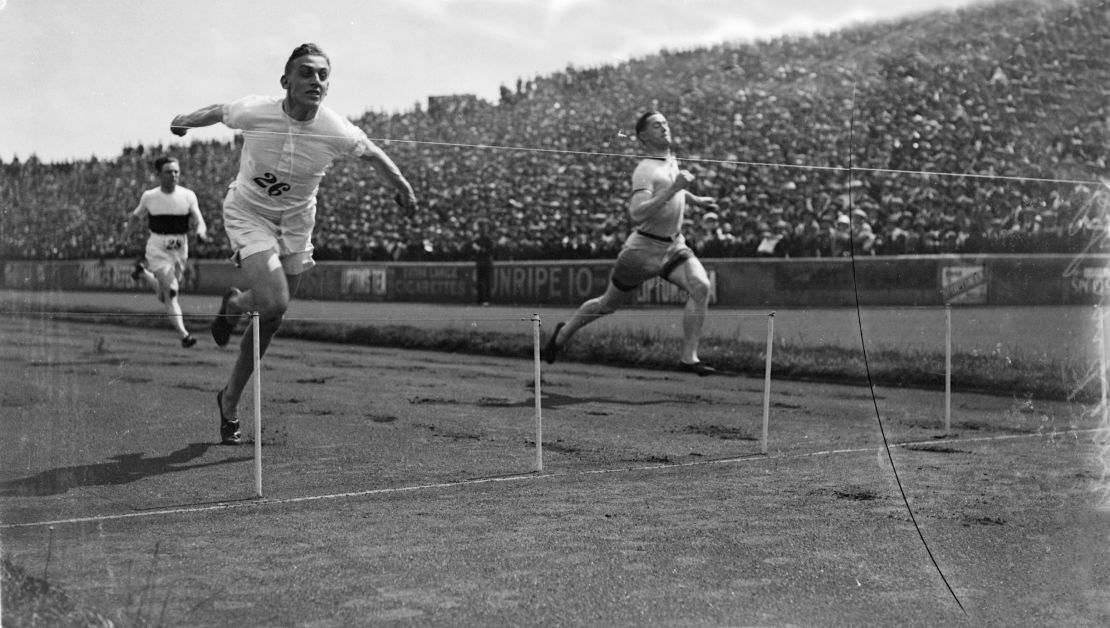
“I connected a lot significance to my athletics as a way of demonstrating that I wasn’t inferior,” Abrahams, who died three years earlier than the discharge of the movie, as soon as said in an interview with the BBC within the Nineteen Sixties.
“This performed a really large half in my life. I feel one exaggerates it – there was a certain quantity of antisemitism after I was a younger man, there’s a certain quantity now. However I used to be so bent on demonstrating my superiority that I banked every part on athletics.”
Operating, for Abrahams, was all-consuming, a lot in order that he regularly turned anxious and obsessive about his performances – a element captured by actor Ben Cross in “Chariots of Fireplace.” He tells coach Sam Mussabini on the eve of the Olympic 100m remaining: “I’ve identified the concern of dropping, and now I’m virtually too frightened to win.”
Abrahams’ nervous, uneasy relationship with racing was virtually self-destructive.
“Harold Abrahams was a particularly neurotic man, and to say he was extremely strung is sort of an understatement,” writer Mark Ryan, whose ebook “Chariots Return” charts the lives and affect of Liddell and Abrahams, tells CNN Sport.
“He went via absolute hell earlier than races, borderline full-on nervous breakdowns. The concern was expectation, that individuals had come there to see him win, however they’d additionally snicker if he misplaced.”
Liddell’s early-career nerves, alternatively, disappeared over time.
“He shortly obtained over that when he realized that he might join his working to his Christianity in his thoughts,” provides Ryan, “after which simply all of the strain fell away. He nonetheless hated dropping, but when it was God’s will that he didn’t win, he didn’t win. It was all for the glory of God, and what might be might be. That was a beautiful mindset to take into any race, I feel.”
Abrahams badly injured his leg doing the lengthy soar the 12 months after the Paris Olympics, forcing him to retire from athletics. He went on to develop into an influential journalist, broadcaster and athletics administrator, and he stays considered one of solely three British males to win the Olympic 100m title.
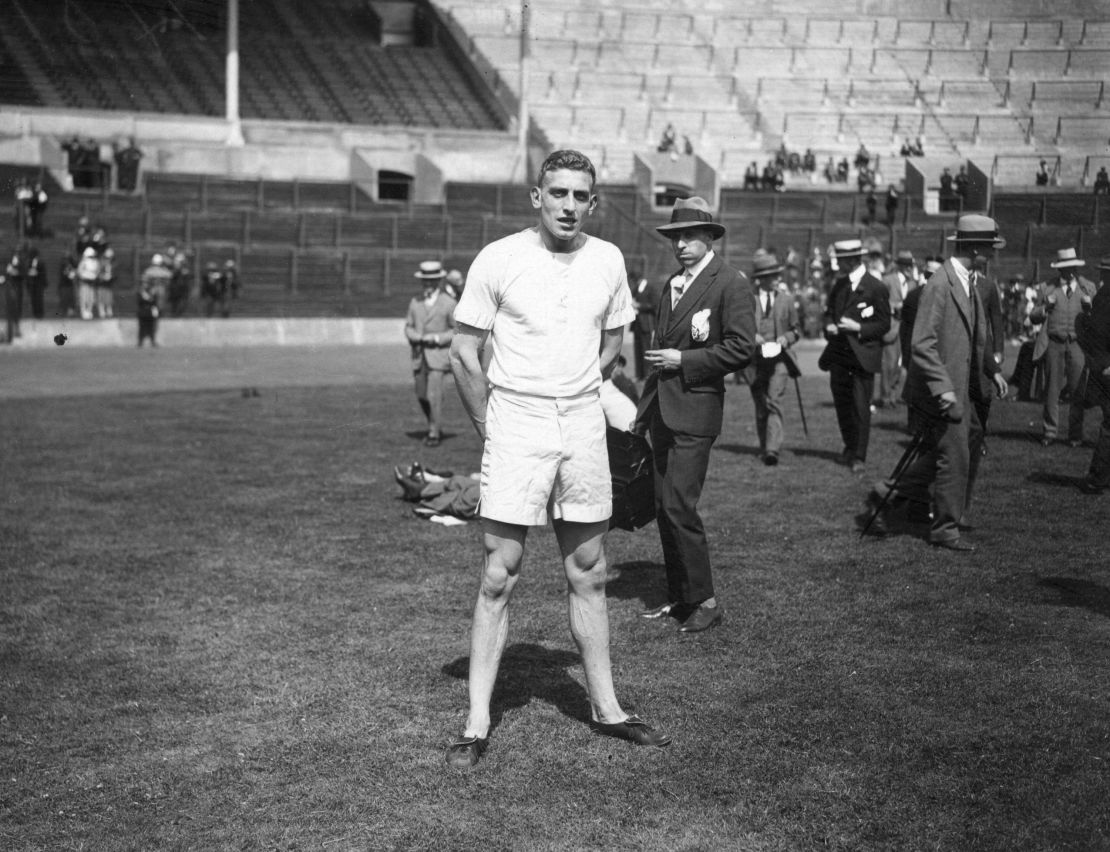
“Chariots of Fireplace” has prevented the achievements of Liddell and Abrahams from being misplaced in time, however the movie is just not a exact portrayal of their lives.
Liddell, for example, determined to not run the 100m lengthy earlier than the Video games, in contrast to the 11th-hour resolution offered within the movie. His bronze medal within the 200 meters can be handed over, whereas the athletes’ coaching within the opening scene occurred not in St Andrews however Broadstairs, a city within the south of England.
Puttnam, who has acknowledged the movie’s creative license, says that he by no means foresaw its success, not least due to the funds constraints – he had $6 million at his disposal – and plenty of logistical hurdles.
When it got here to the Oscars, he was detached about attending and by no means anticipated that he’d stroll on the stage to gather the award for Finest Image.
“I keep in mind getting up, my knees going all wobbly and taking place [to the stage],” he says. “I hadn’t had my hair lower – it’s this shot of me making an attempt to push my hair into some type order as a result of if I assumed I used to be going to win, I most likely would have gotten my hair lower.”
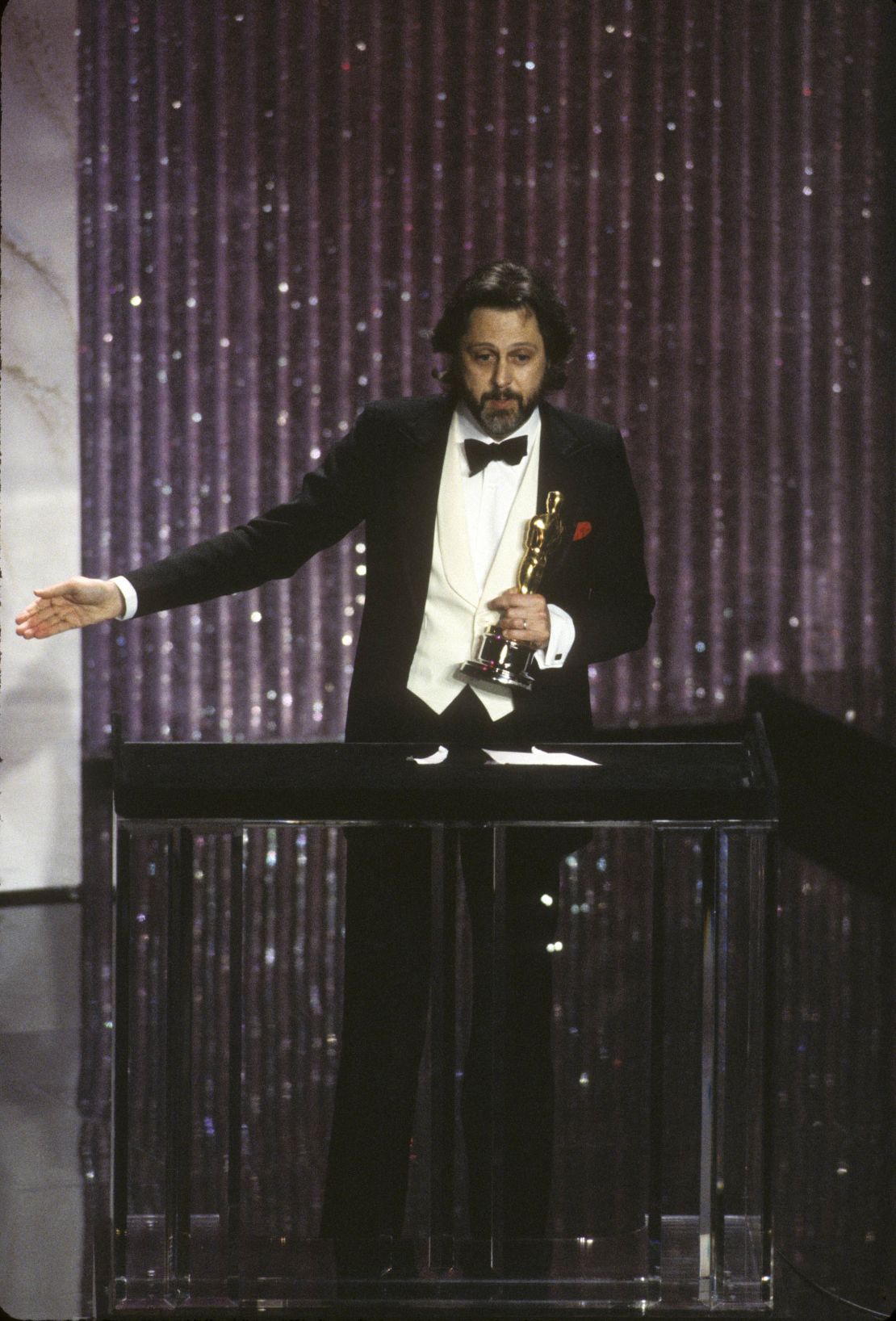
The filming of “Chariots of Fireplace,” very similar to making ready for the Olympics, was an arduous course of. The actors educated for six weeks beneath veteran Olympic coach Tom McNab simply to be in form to movie the working scenes, whereas Nigel Havers – who performs Lord Andrew Lindsey – fell and broke his wrist whereas studying to hurdle.
“When you ever meet him, his wrist is on the wonk,” says Puttnam. “He knew if he went to a physician, we’d must recast the movie, so he didn’t inform anybody … I’ve all the time been in awe of his braveness.”
Braveness, fittingly, is central to “Chariots of Fireplace” – be it Liddell’s resolution to not bow to the strain of working on a Sunday or Abrahams’ conquering of his pre-race nerves forward of the 100m remaining. And whereas the movie is about devotion, dedication and an unbridled love of working, additionally it is, considerably cynically, about profitable.
“Would I’ve executed it if Liddell gained a silver medal? The reply’s no, I wouldn’t,” muses Puttnam. “It wouldn’t be the purpose.”
Historical past, so the saying goes, is written by the victors – and that appears an apt message for probably the most iconic sports activities movies ever made.


